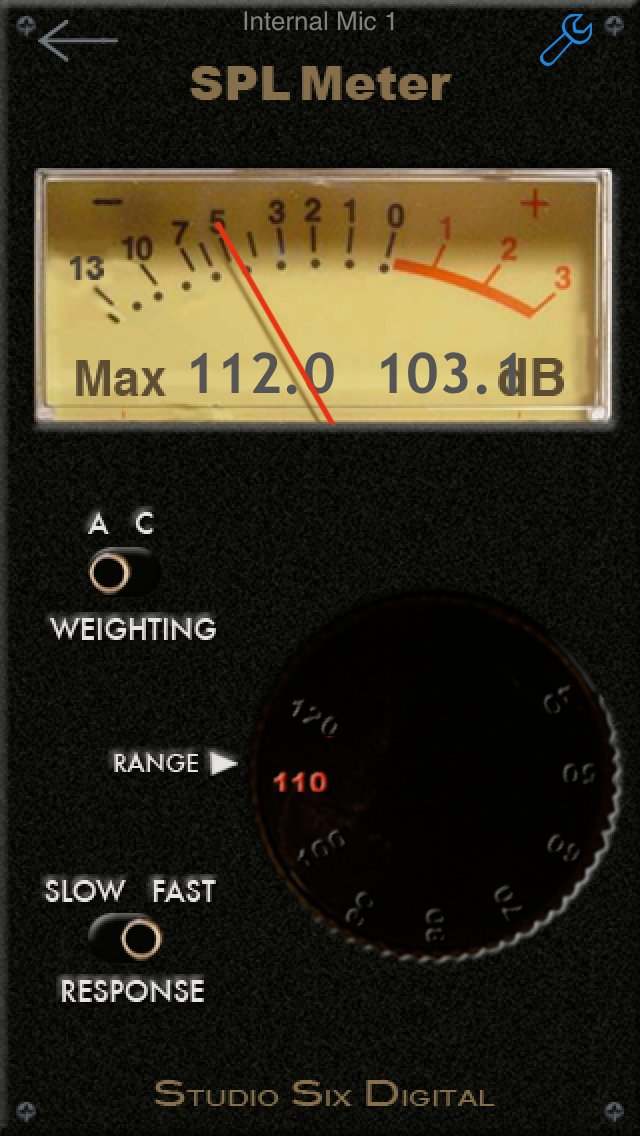It’s time for marching bands across Indiana to start ramping up. This month, evening rehearsals, newbie camp, movement camp, percussion camp, and guard camp. Next month, full band camp. Here’s what I strongly encourage all of my students who are in marching band do:
1. drink water
2. go to bed
3. wear earplugs
I’ve worn them for the past several years - ever since I wore a dosimeter and watched it tick over 100% before my second period class ended at the high school where I was woodwind instructor. The second day ended at 400%. The third day, it ticked over 200% before lunch. I have colleagues who are in their 50’s who have to wear hearing aids because the generation of musicians and music teachers that preceded me wasn’t cautioned about hearing loss. I wear earplugs because I don’t want to be in that boat.
Most people who experience hearing loss do so because they took in too much sound over time. It’s not typically because they had one instance where they heard something that was too loud, although that certainly is possible. It’s more like they’ve repeatedly overdosed on sound. For me and all teaching musicians, this potential to take in too much sound is an occupational hazard. I take in large amounts of sound for hours a day, day after day. (Teachers, band directors, PLEASE WEAR EARPLUGS!! You’re standing in front of multiple ensembles playing right at you every day! If you prefer, you can have earbuds that are custom-fitted to your ear canal for comfort and improved clarity.) For most of my students, it’s not a concern because they’re hearing smaller doses of sound with large resting (i.e. quiet) periods in between. But marching band… that’s a whole other ballgame.
Put your entire wind section indoors for rehearsal, and the powerful sound that you and your classmates are striving for on the field becomes contained, bouncing back at you. Add percussion for full music rehearsal indoors, and the volume just cranks up higher. Outdoors, the sound has a chance to escape into the wide space of open air. That’s why your directors are fussing at you so much about putting out volume - it dissipates faster outdoors, not having nearly the same effect that it does indoors. These levels are dangerous to your hearing, and I’m not being dramatic about it. Check out NIOSH’s guide to sound levels. It’s easy enough for clarinet and saxophone players to produce 94 dbA in their individual practice. After 1 continuous hour, that player risks hearing damage. A 75-piece concert band can easily crank out over 100 dbA (as shown in the screen shot from my most recent performance). Imagine how much sound woodwind students take in from their own section. Now put that section in front of a marching brass section. Now put both in front of a battery section. In our area, many marching bands are over 100 kids, the brass and percussion playing instruments designed to put out volume.
(continued below)
This screen-shot was taken from my phone on my music stand at a concert last week. The number on the left is the peak: the loudest level that we hit in the few minutes I was measuring. The number on the right was the volume level when I got to a rest and took the screen-shot, then put my phone away. The concert lasted two hours. I’m so glad I was wearing my plugs!
“Oh, Katherine, you’re being such a worry-wart.” “They’re kids - they’re resilient.” “It’s not a big deal. They’re enjoying themselves.”
Listen, I loved marching band. Granted, it was different when I was in high school: it was less intense and bands were generally smaller. And it’s fine that my students are enjoying themselves. However, as their teacher, it falls to me to be a responsible adult and warn them, plead with them, send the Amazon link to them. Especially for my students who express an interest in going on to major in music - the risk of hearing loss will only increase as they get further into their careers. Please, marching students, wear earplugs for indoor rehearsals. It’s a small effort with a large, long-term benefit. (A side benefit - you’ll actually be able to hear yourself play with the plugs in!)
Protect your hearing now, because it’s one of those things where once it’s gone, it’s next to impossible to get back.
PS - There is an excellent discussion about this on the Clarineat Podcast, episode 14.



